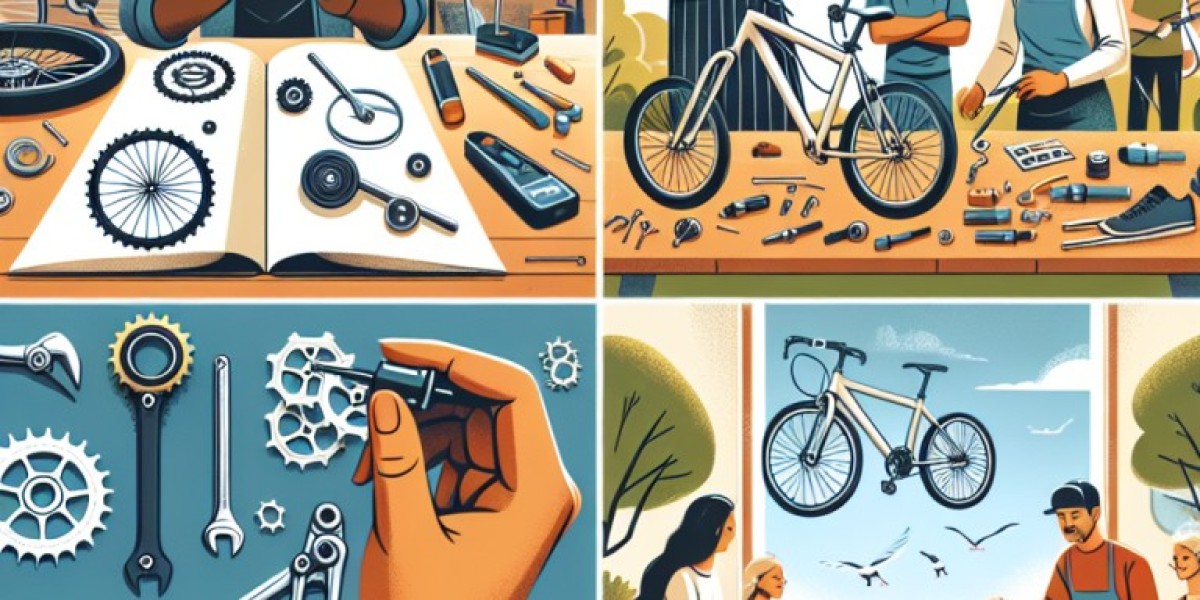Getting a Replacement Key for Your Car: A Comprehensive Guide
Losing or harming a car key can be a discouraging experience, but luckily, obtaining a replacement key does not need to be overwhelmingly made complex. In this useful guide, we will detail the different actions, options, and factors to consider included in getting a replacement key for your car.

Understanding Car Keys
Before diving into the replacement process, it is essential to comprehend the various kinds of car keys offered. Here's a quick overview:
| Type of car keys Replacement cost Key | Description |
|---|---|
| Standard Key | A standard metal key that mechanically opens and begins the vehicle. |
| Transponder Key | A key with a chip that interacts with the car's ignition system for included security. |
| Key Fob | A remote gadget that enables keyless entry and may consist of functions to start the vehicle from a range. |
| Smart Key | A distance key that enables the chauffeur to unlock and begin the car without physically using the key. |
| Valet Key | A restricted key that permits restricted access to the vehicle, mainly for valet services. |
Understanding the type of key you have is vital in identifying the process of acquiring a replacement.

Steps to Get a Replacement Car Key
If you discover yourself in need of a replacement car key, follow these steps to browse the procedure efficiently:
1. Identify the Type of Key
- Determine whether you have a standard key, transponder key, key fob, or clever key. This info will influence the replacement procedure.
2. Examine Your Insurance Policy
- Review your auto insurance plan to see if it covers key replacement. Some policies use this advantage, which might conserve you time and cash.
3. Contact Your Car Dealership
- Connect to your car's car dealership, particularly for more recent cars that make use of advanced key innovation.
- Be prepared to supply your vehicle recognition number (VIN), proof of ownership, and perhaps your vehicle registration.
4. Check out a Locksmith
- Consider checking out a professional locksmith who has experience with automotive keys.
- Numerous locksmiths can develop and configure transponder keys and key fobs at a lower expense than dealers.
5. Utilize Online Services
- Some services specialize in automotive key replacement and may provide online help.
- Beware and ensure that you pick a trustworthy provider.
6. Expense Considerations
- Comprehend the potential costs included in getting a replacement key. Below is a general cost price quote based on key type:
| Key Type | Estimated Cost Range |
|---|---|
| Conventional Key | ₤ 2 - ₤ 5 |
| Transponder Key | ₤ 50 - ₤ 200 |
| Key Fob | ₤ 100 - ₤ 600 |
| Smart Key | ₤ 200 - ₤ 500 |
Often Asked Questions (FAQs)
1. For how long does it require to get a replacement key?
- The time to acquire a replacement key varies depending on the supplier. Car dealerships may take a couple of days, while locksmiths can often provide a key the exact same day.
2. Can I replace a key myself?
- While it is possible to buy a blank key online and cut it yourself, setting electronic keys normally requires specialized equipment.
3. What should I do if my key is lost or taken?
- If your key is lost or taken, it is smart to reprogram your locks to avoid unauthorized access to your vehicle.
4. Are all car keys programmable?
- Not all car keys can be programmed. Traditional mechanical keys are cut but do not need programming, while transponder keys and smart keys do.
5. How can I avoid losing my car keys in the future?
- Think about purchasing a key tracker, designating a specific spot for your keys, or using a keychain that makes your keys more noticeable.
Final Thoughts
When faced with the daunting job of changing a car key, it is important to understand your options and select the most efficient path customized to your requirements. Whether you choose a car dealership, a locksmith professional, or an online service, being educated will enhance the procedure and assistance alleviate a few of the tension associated with lost or harmed keys. Remember to keep any brand-new keys in a safe designated location to prevent similar problems in the future.





